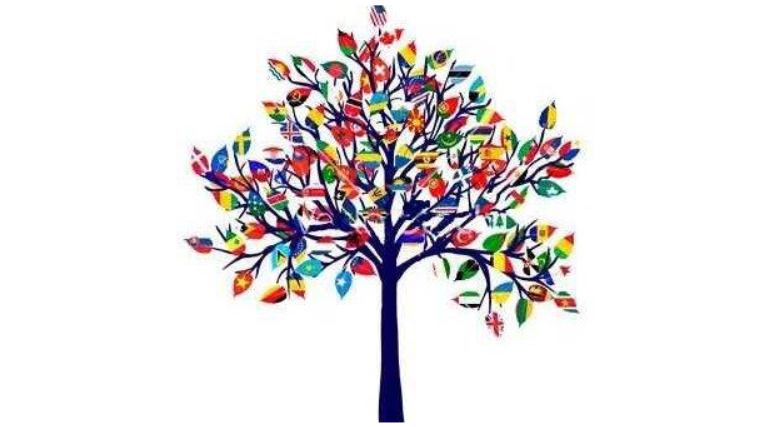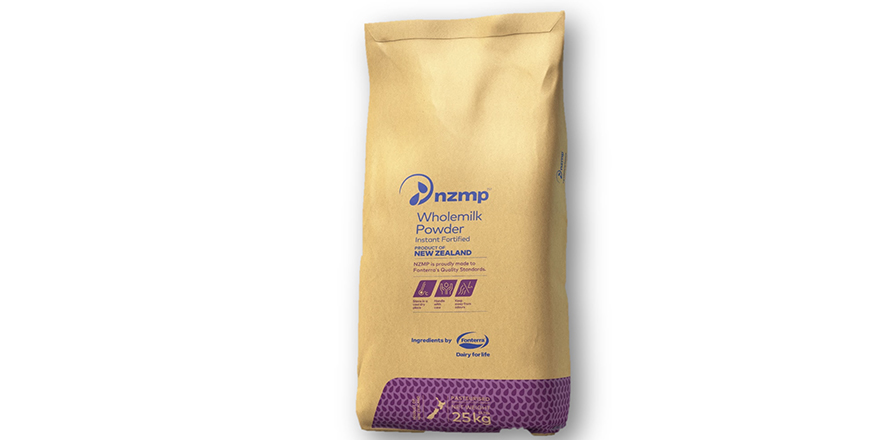
Executive Summary
The agriculture industry has grown from early Maori, the first settlers in the 1800s through to our second largest export (pre COVID-19). Due to the growth in the industry, roles have been created that cannot be filled by New Zealanders because of a skill shortage. To solve this problem, many businesses now employ migrant staff, from all over the world, to help them run their operations.
New Zealand has a reputation for being naturally beautiful, a safe place to live and work and bring up a family. Ranking 11th in the 2019 Future Brand Country Index (FCI), which is done every five years, put New Zealand in an excellent position. Quality of life and wellbeing of citizens in New Zealand was a key factor in the ranking. We can live up to the reputation where New Zealand is seen to be a great place to both work and live by taking the time to understand people (and their cultures) who migrate here to work and making a conscious effort to acknowledge this when they start employment.
The focus of this report is to understand the management of multicultural teams in New Zealand agriculture. The history of New Zealand agriculture has been researched with key moments reflected upon to tell the story of where the industry has come from and what the current situation is. The contribution migrants make in terms of the workforce and benefits to the New Zealand economy will be mentioned. Reports based around migrant exploitation will be delved into with some examples from various sources added. With migrant employees now playing a critical role in the production of our agriculture products it is crucial that employers have the knowledge to manage multicultural teams effectively. Culture and cultural diversity will be discussed with cultural differences and management styles explored alongside a survey, undertaken for this report, to support the recommendations.
The main findings from this report include the need for migrant staff to be part of our teams to produce our food products for the world. The characteristics of migrant staff are discussed and multicultural teams in agricultural evaluated along with how to have strong multicultural teams. Each of these points are supported with examples from the surveys and interviews conducted as part of this report.
Recommendations from this report include sharing the story of New Zealand agriculture and the importance of migrant staff, being aware of the various reports around migrant employee exploitation and improving processes and practices to ensure everyone working in New Zealand has the same rights with those employers that do not do this being held accountable, providing employers with education to up-skill themselves on how to have culturally revealing conversations with their staff and continue to gather data around managing multicultural teams in the agriculture industry to provide further insight.
Download and read the full report here




